
In this short film directed in the style of Andrei Tarkovsky, eternity and the downfall of the Soviet empire are explored in a deeply symbolic and poetic way. The film follows a protagonist as they traverse a desolate landscape, reflecting on the transient nature of life and the inevitability of death. Through a series of dreamlike sequences, the audience is presented with a powerful meditation on the idea of eternity, and how it can be seen in the rise and fall of empires. The film culminates in a powerful scene of the protagonist standing atop a hill, looking out at the ruins of the Soviet empire, and contemplating the eternal cycle of life and death.
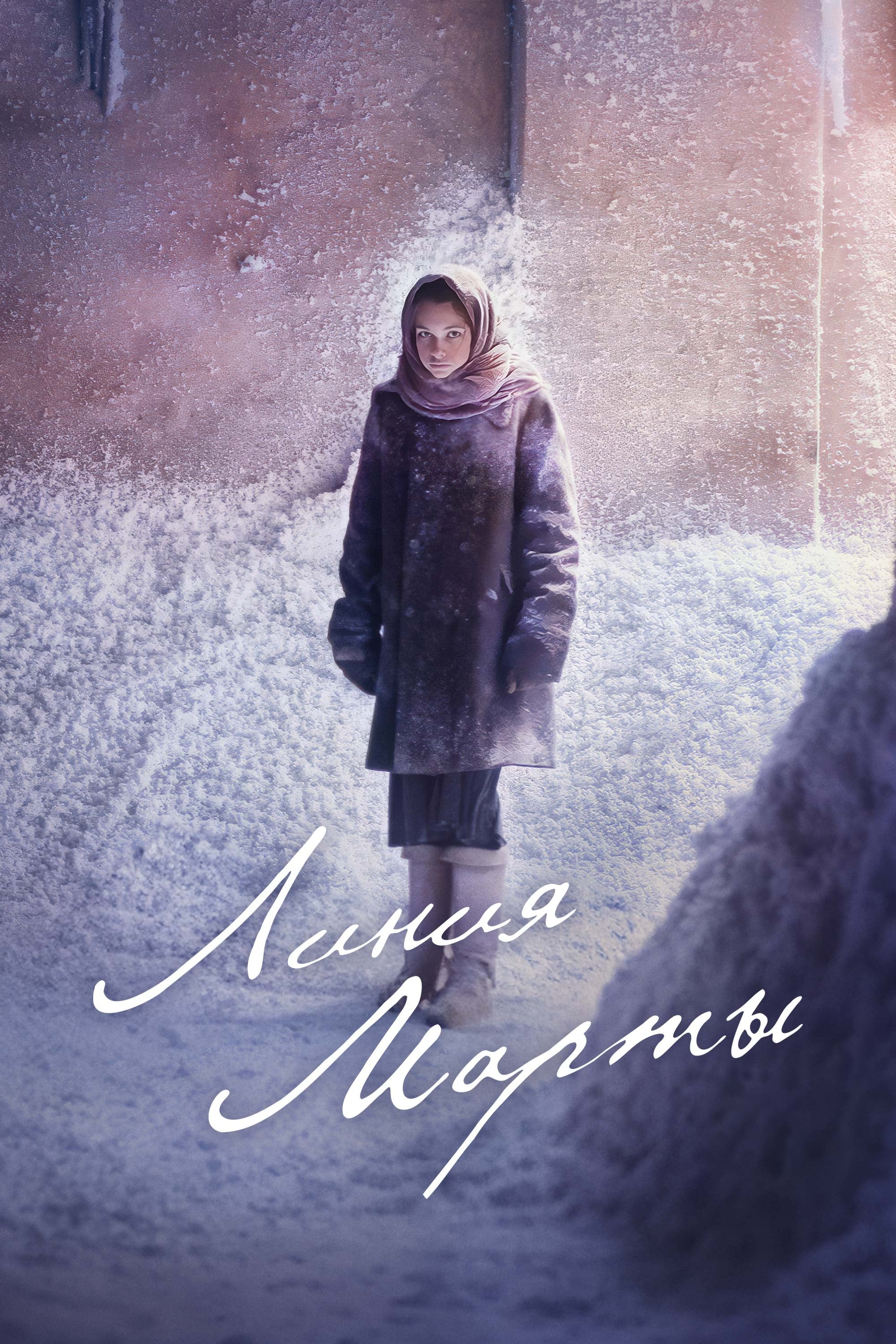
Moving to a new place of residence, to an old apartment in the slums of St. Petersburg, Olga and her daughter Natasha accidentally discover a letter from the distant blockade of the forty-second year. A letter from the boy Yura for the girl Martha, whom he unwittingly offended before he had time to confess his love… The search for Marta becomes Olga and Natasha's salvation from pain and true self-discovery...
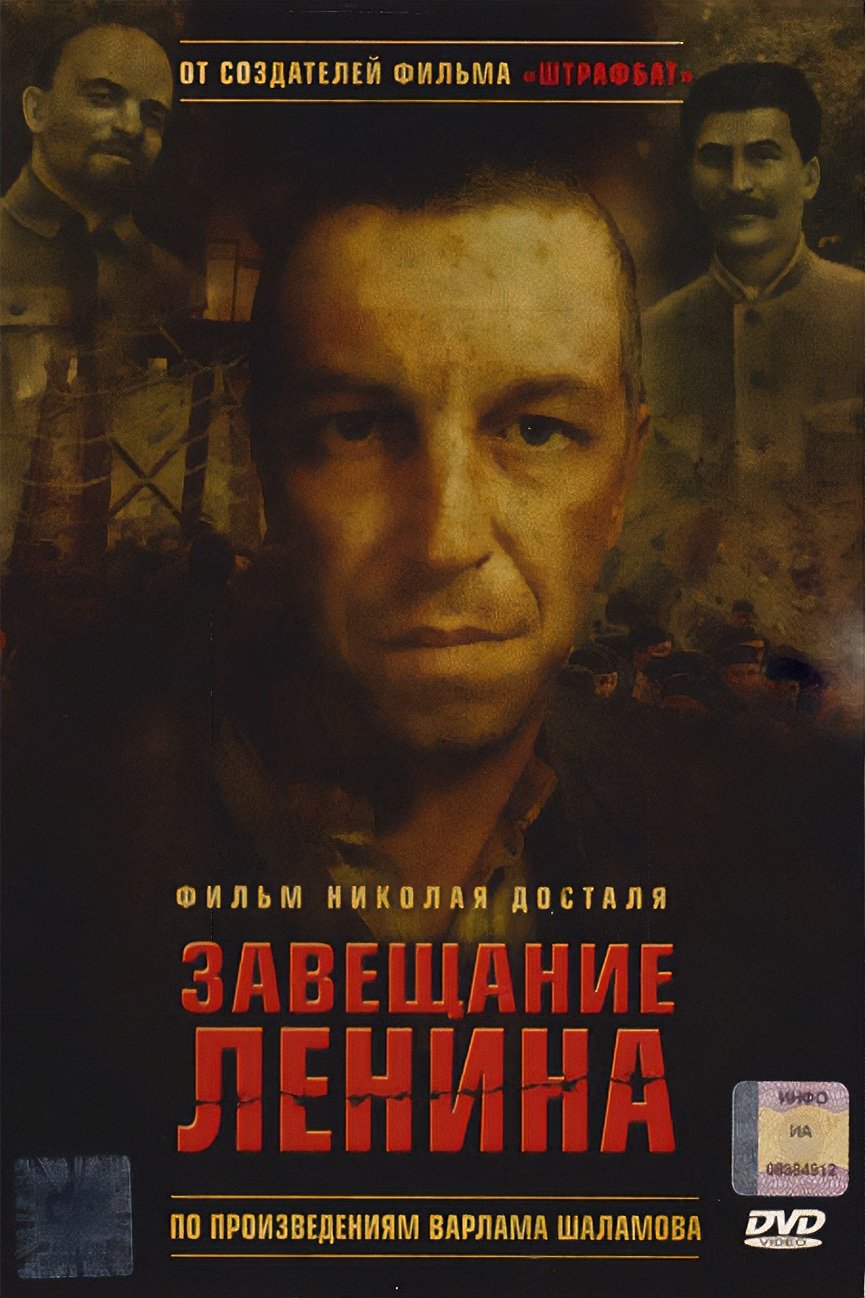
The author of The Kolyma Stories and many other works spent 17 years in the terrible GULAG camps on Kolyma. The term that Varlam Tikhonovich received in 1929 was for distributing Lenin's letter to the congress, in which he criticized Stalin. Nowadays, this letter is called the "testament of Lenin"…
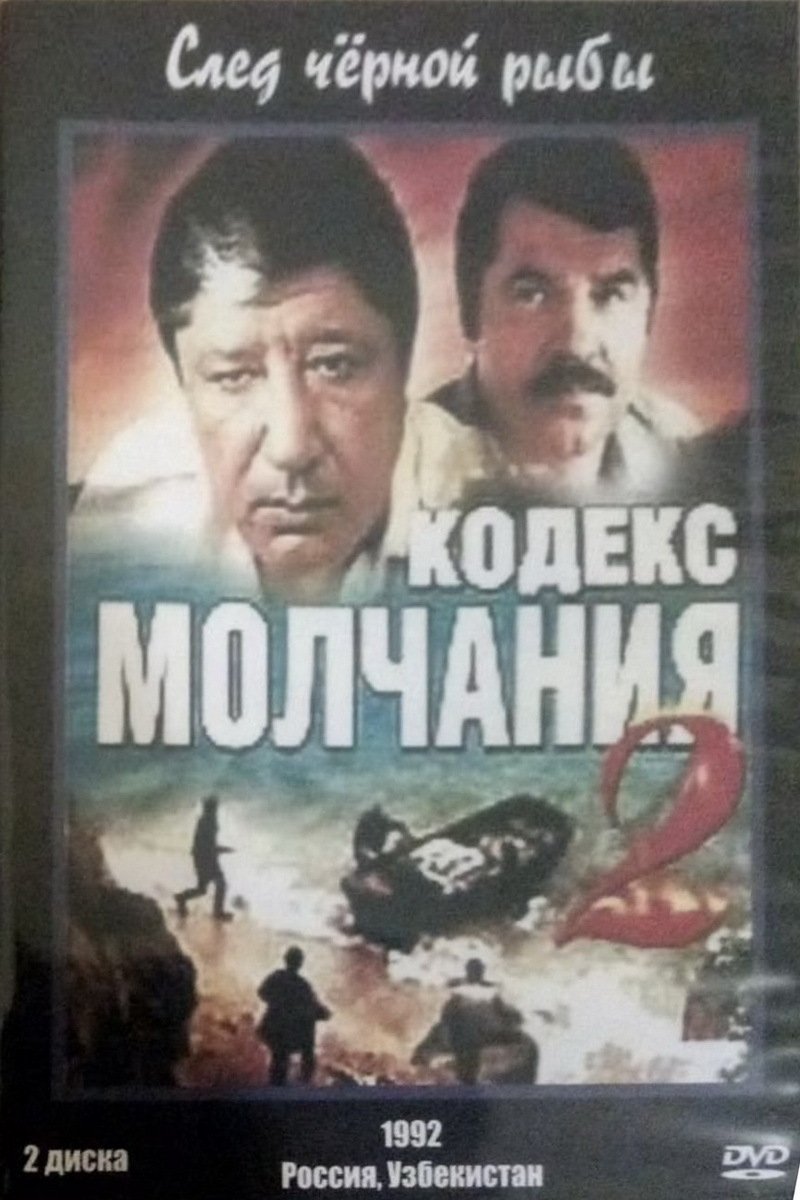
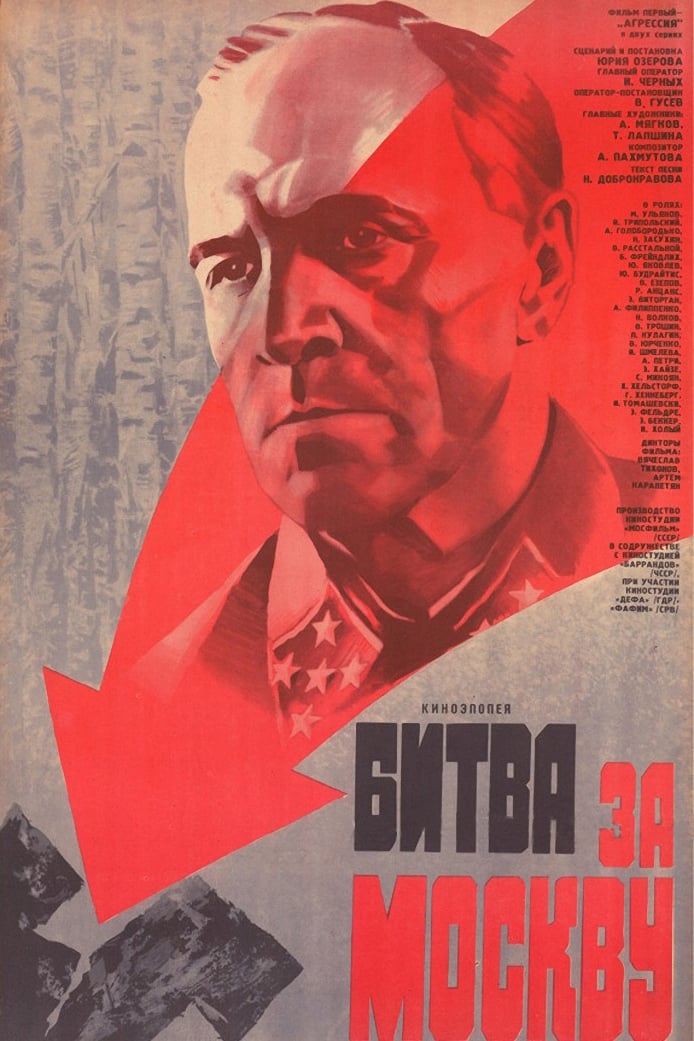
The Battle of Moscow is a 1985 Soviet multi-part war narrative, presenting a dramatized account of the 1941 Battle of Moscow and the events preceding it. The battle was the first major defeat of German Wehrmacht in the Second World War.
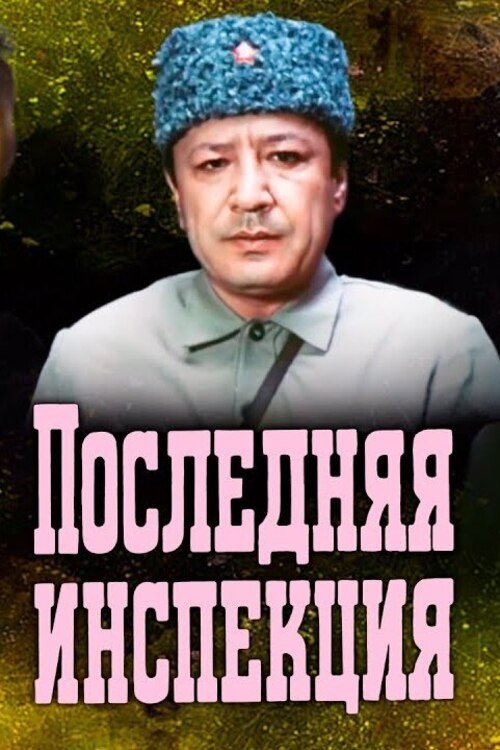
The film takes place in 1927 in Uzbekistan. A group of Central Investigation officers has been sent from Moscow to Tashkent to assist the local police in the fight against banditry. At the same time, they participate in the fight against the remnants of the Basmachi and the White Guard underground.
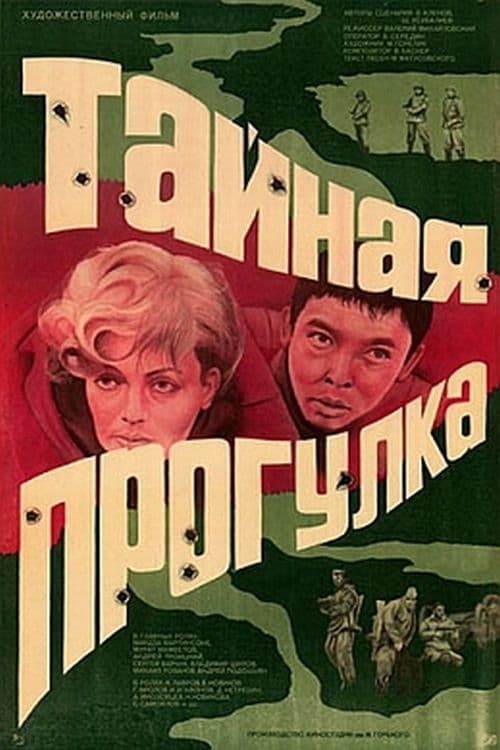
Niyole, a Red Army spy is sent behind the enemy lines in order to hunt German general.
By browsing this website, you accept our cookies policy.